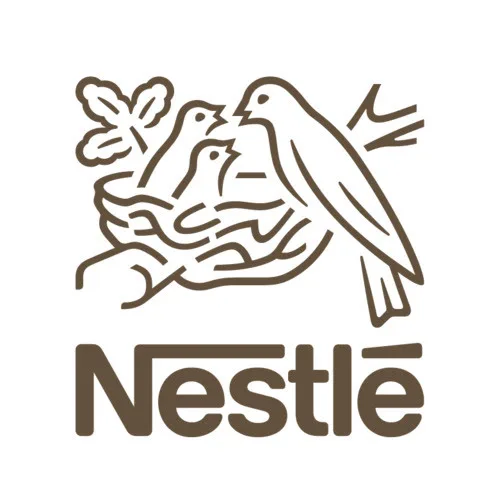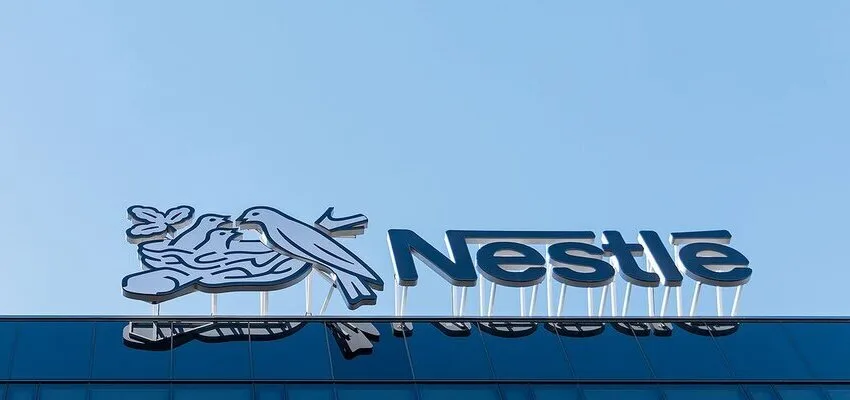
The Success Story of Nestlé
Nestlé is a name synonymous with quality, innovation, and global reach in the food and beverage industry. From its humble beginnings in the 19th century to its current status as a multinational conglomerate, Nestlé’s journey is a testament to strategic vision, relentless innovation, and unwavering commitment to consumer satisfaction.
The Early Years of Nestlé
Nestlé’s story begins in the 1860s in Vevey, Switzerland, where pharmacist Henri Nestlé developed a nutritious infant cereal for babies unable to breastfeed. This product, named “Farine Lactée,” marked the company’s first foray into the food industry. The early years were characterized by the establishment of strong foundations, focusing on quality and consumer trust.
Expansion and Diversification
In the decades following its inception, Nestlé expanded rapidly. The company diversified its product portfolio, adding condensed milk and infant formulas to its lineup. This period of expansion was marked by the acquisition of Anglo-Swiss Condensed Milk Company in 1905, which significantly bolstered Nestlé’s production capabilities and market reach.
Key Moments and Achievements
Nestlé’s history is dotted with key moments that defined its trajectory. During World War I, the demand for dairy products surged, positioning Nestlé as a vital supplier to the Allied forces. Post-war, the company continued to innovate, introducing a range of products like chocolate, powdered drinks, and instant coffee. The launch of Nescafé in 1938 was particularly significant, revolutionizing the coffee market and cementing Nestlé’s reputation as an innovator.
In the latter half of the 20th century, Nestlé’s growth accelerated through strategic acquisitions. The purchase of brands like Maggi, Carnation, and Rowntree diversified its offerings, while the acquisition of Gerber expanded its presence in the baby food market. These moves underscored Nestlé’s strategy of growth through diversification and acquisition.
Secrets of Nestlé’s Success
Several factors underpin Nestlé’s success. Firstly, the company’s relentless focus on research and development has kept it at the forefront of innovation. Nestlé’s global R&D network ensures continuous improvement and adaptation to changing consumer preferences. Secondly, Nestlé’s commitment to quality and safety has built enduring trust with consumers worldwide.
Another critical factor is Nestlé’s ability to adapt to local markets while maintaining a global brand identity. This “glocal” approach allows Nestlé to cater to regional tastes and preferences, ensuring relevance and resonance across diverse markets. Furthermore, Nestlé’s strategic acquisitions have played a pivotal role in its expansion, enabling it to enter new markets and enhance its product portfolio.

Modern Nestlé
Today, Nestlé is a global powerhouse with a presence in over 190 countries. Its product range spans beverages, dairy products, nutrition and health science, and pet care, among others. The company continues to prioritize sustainability, aiming to achieve net zero greenhouse gas emissions by 2050. Initiatives like the Nestlé Cocoa Plan and partnerships for sustainable sourcing underscore its commitment to environmental stewardship.
Nestlé’s focus on innovation remains strong, with investments in areas like plant-based products and personalized nutrition. The company also leverages digital transformation to enhance consumer engagement and streamline operations. These efforts ensure that Nestlé remains agile and responsive in a rapidly evolving global market.
Nestlé’s success story is one of vision, innovation, and adaptability. From its early days in Switzerland to its current status as a global leader, Nestlé has consistently evolved, driven by a commitment to quality, consumer satisfaction, and sustainability. As it continues to navigate the complexities of the modern food and beverage landscape, Nestlé’s legacy of excellence positions it for continued success in the years to come.
